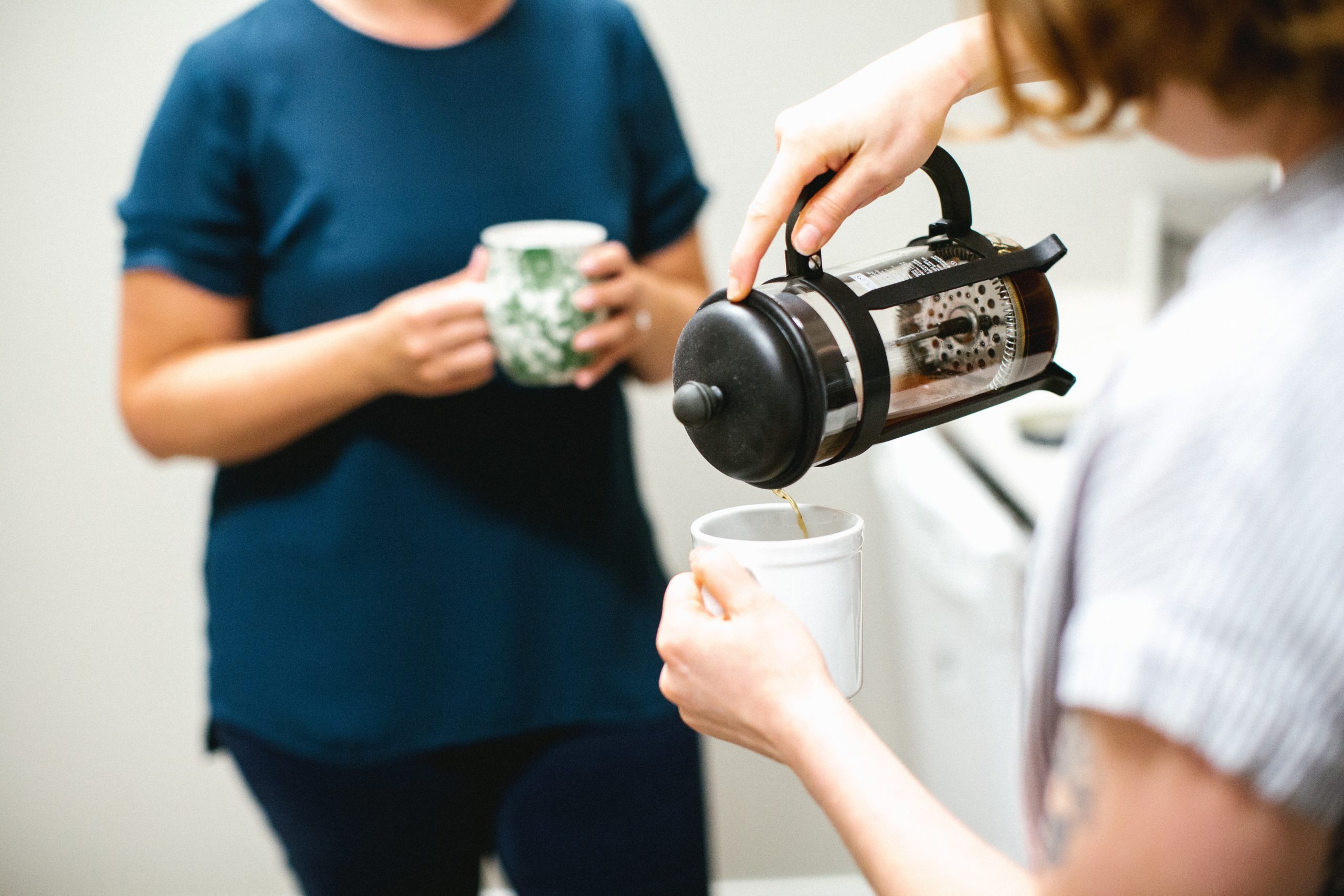
HARD TALK IN The KITCHEN – Location, Location: Are we obsessing about a good place to die?
Maggie’s Cardiff and Compassionate Cymru hosted a discussion on Wednesday 12th May at 12pm.
The theme of this year’s Dying Matters Awareness Week is being in a good place to die. What does this mean? Do we human beings care that much about the physical environment, ie own home, hospice, hospital, A&E? Or is what matters most to people, the feeling of safety and being cared for, as well as seeing people you love? The pandemic challenged the notion that a hospice can be a home from home when visiting was cut to zero. But instead of asking about where? Should we first be asking “what”? What makes a good and safe dying event for you?
Our panel members will be ….
Prof. Mark Taubert is a palliative medicine hospital consultant and clinical director at Velindre University NHS Trust. His teaching and research activities at Cardiff University include advance care planning, acute palliative care, technology & new media and DNACPR decision making. He is the founder of TalkCPR.com and has a national lead role to improve public understanding on topics relevant to care in the last years of life and at the extreme ends of medicine.
Twitter: @ProfMarkTaubert
Chris Pointon, widower to the late Dr Kate Granger MBE who founded the global campaign #hellomynameis in 2013. Kate died in 2016 and Chris has continued to share the campaign story across the world and also reach almost £500,000 for local charities.
Michele Pengelly is the lead nurse for supportive care services based at Velindre Cancer Centre and has worked in oncology and palliative care for 34 years. Central to her role is the provision of information and support for patients and families and includes leading and implementing award winning initiatives such as the patient and carer dignity group, author of a series of children’s books to help support parents/grandparents with cancer in talking to their children and facilitator of a children’s bereavement group with City Hospice.
Email:Michele.pengelly@wales.nhs.uk
Sarah Wheeler is a Macmillan Lead Nurse for End of Life Care Planning in Powys Teaching Health Board (PTHB) and a background of Palliative Care Clinical Nurse Specialist and Queens Nurse in the rural community of Powys. Sarah continues to lead on ACP in PTHB and teach all aspects of palliative and end of life care and planning. She has become a Bevan Innovation Exemplar, drawing on the excellent community partnership working within Powys to facilitate ACP to a network of Powys ACP Champions to promote and enable future care planning.
Email: sarah.j.wheeler@wales.nhs.uk Twitter: @Sar_Whe
Jo Soldan is Clinical Psychologist at Maggie’s Cardiff. Jo has worked in physical health settings all her career, much of it in Critical Care doing lots of work around death and dying. In the last few years at Maggie’s Jo has worked with visitors facing the end of their lives and has become passionate about how we can support people in this important phase of their lives, whilst society tends to avoid the topic. Jo feels far from an expert on this topic but is aware that many people (staff and patients) may feel the same, and don’t have the luxury of waiting until they feel expert to talk about it.
Compassionate Cymru focuses primarily on those members of our communities who are at the end of their lives or caring for those at the end of their lives at any age including children and their families. We also want to support those who are lonely and isolated at any age and we want to bring people together with those who are members of their communities and willing and able to support each other. Our initial projects are focussed around supporting hospital to home pathways and providing neighbourhood support and working to ensure no-one in Wales dies alone.
Maggie’s provides free practical, emotional and social support to people with cancer and their family and friends, following the ideas about cancer care originally laid out by Maggie Keswick Jencks. Built in the grounds of NHS cancer hospitals, Maggie’s centres are places with professional staff on hand to offer the support people need. The centres are places to find practical advice about benefits and eating well; places where qualified experts provide emotional support; places to meet other people; places where you can simply sit quietly with a cup of tea.
The first Maggie’s opened in Edinburgh in 1996 and since then Maggie’s has continued to grow, with 26 centres at major NHS cancer hospitals in the UK and abroad.


